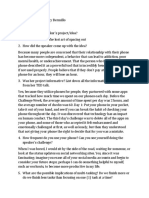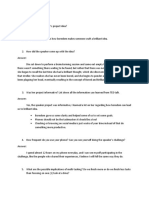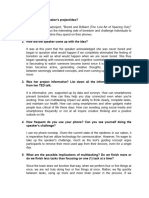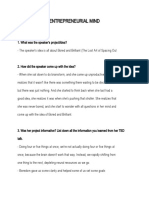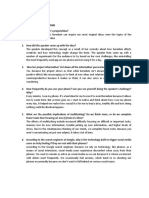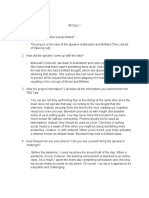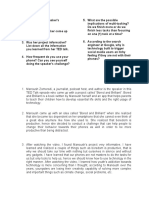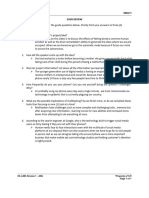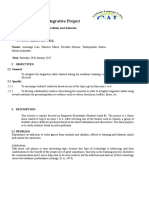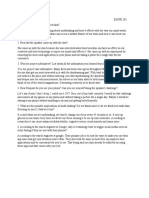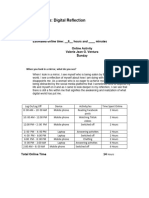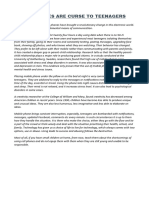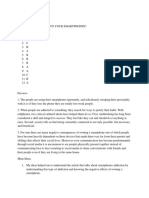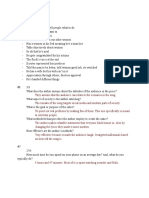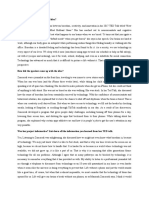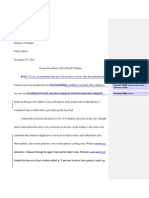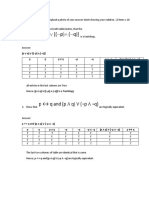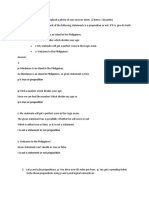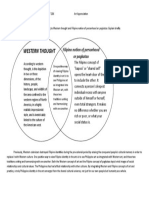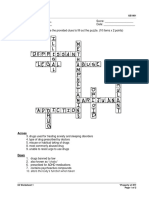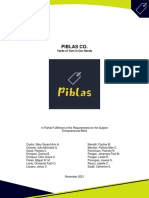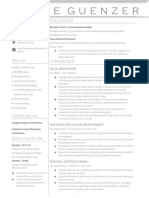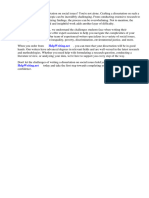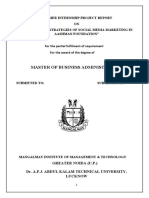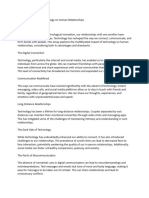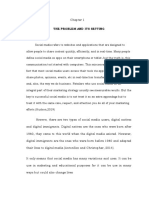0% found this document useful (0 votes)
102 views1 pageBored and Brilliant: Embracing Phone-Free Time
The speaker's project was called "Bored and Brilliant: The Lost Art of Spacing Out". She came up with the idea because she was curious about what would happen if people never got bored. She was concerned that people's relationships with their phones had become codependent. The TED talk provided information on how spending too much time on phones can negatively impact behavior. It discussed a challenge the speaker did where participants tracked phone usage, then tried not using apps or checking their phone as frequently. This showed how technology can influence habits and behaviors.
Uploaded by
Kristel BoralCopyright
© © All Rights Reserved
We take content rights seriously. If you suspect this is your content, claim it here.
Available Formats
Download as DOCX, PDF, TXT or read online on Scribd
0% found this document useful (0 votes)
102 views1 pageBored and Brilliant: Embracing Phone-Free Time
The speaker's project was called "Bored and Brilliant: The Lost Art of Spacing Out". She came up with the idea because she was curious about what would happen if people never got bored. She was concerned that people's relationships with their phones had become codependent. The TED talk provided information on how spending too much time on phones can negatively impact behavior. It discussed a challenge the speaker did where participants tracked phone usage, then tried not using apps or checking their phone as frequently. This showed how technology can influence habits and behaviors.
Uploaded by
Kristel BoralCopyright
© © All Rights Reserved
We take content rights seriously. If you suspect this is your content, claim it here.
Available Formats
Download as DOCX, PDF, TXT or read online on Scribd
/ 1

